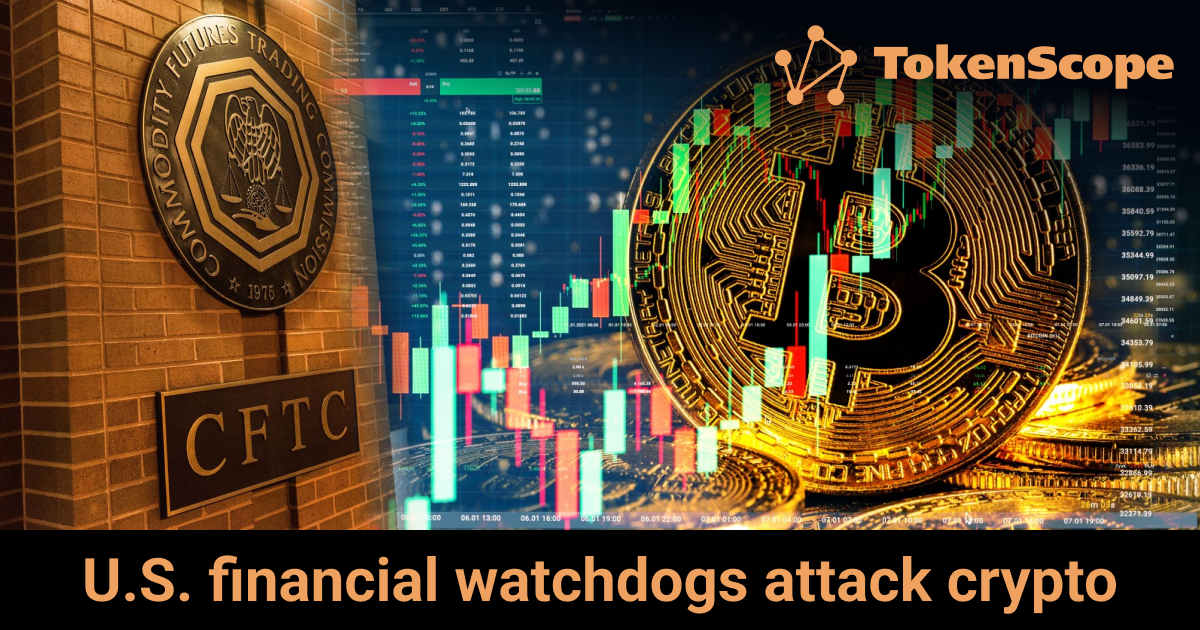Crypto regulation in the world: weekly digest #33

International scope
On February, 24 concluded this year’s second FATF plenary week. Delegates from over 200 jurisdictions of the FATF Global Network discussed various issues of combating money laundering, including those related to cryptocurrencies.
In the report dedicated to the results of the Plenary, the FATF informs on the work carried out to analyze the criminal financial flows associated with ransomware. It is stated that the FATF has noted that the scale and number of ransomware attacks has increased significantly in recent years.
The FATF completed research that analyses the methods criminals use to carry out their ransomware attacks and the way they launder ransom payments. This research will be published in March 2023. It includes a list of risk indicators that can help public and private sector entities identify suspicious activities related to ransomware.
At the same time, the FATF noted that the report on disrupting the financial flows from ransomware demonstrates the lack of regulation of virtual assets in many countries. Since the FATF strengthened its Recommendation 15 in October 2018 concerning virtual assets and virtual asset service providers, many countries have failed to implement these revised requirements, including the «travel rule» which requires obtaining, holding and transmitting originator and beneficiary information relating to virtual assets transactions.
The FATF decided to develop a roadmap to strengthen implementation of FATF Standards on virtual assets and virtual asset service providers, which will include a stocktake of current levels of implementation across the global network. This report will be released in the first half of 2024.
The International Monetary Fund (IMF) has once again expressed concern on the problem of the spread of digital currencies. The IMF believes that decentralized finance can undermine the effectiveness of the monetary policy of world regulators, as well as can help bypass capital flow management mechanisms.
The organization continues to believe that the digital currency should not be classified as legal tender, and the experiments conducted by El Salvador and the Central African Republic will not lead to success.
On the other hand, the IMF admits that banning cryptocurrencies is not a solution either. China, for example, which banned the cryptocurrencies in 2021, is still forced to follow the path of allowing it in Hong Kong.
The IMF believes that countries should reduce the risks of cryptocurrencies by working to strengthen the digital infrastructure and introduce alternative mechanisms for cross-border payments.
North America
The Canadian Securities Administrators (CSA) has unveiled new rules that make it illegal to buy and sell any stablecoin that is not approved by the regulator.
The ban will apply to all cryptocurrency exchanges and platforms where digital assets can be traded. However, issuers of stablecoins backed by the value of other assets (Value Referenced Crypto Assets, VRCA) can obtain permission from the CSA.
The Canadian regulator chose to introduce the VRCA term, as it considers stablecoins not so stable due to their possible decoupling from fiat currencies. So, in May last year, the TerraUSD stablecoin completely lost its peg to the US Dollar, which led to the collapse of the Terra ecosystem.
The CSA also requires Canadian VASPs to only allow VRCA trading if issuers' reserves of liquid assets are held by a qualified custodian. Reserves must be audited monthly by independent auditors and their reports must be published in a timely manner. In addition, VRCA collateral must comply with Canadian securities laws, as fiat-backed crypto assets are considered securities in Canada.
One of the questions is whether DAI will be allowed in Canada or not?
Meanwhile, in an interview with New York Magazine, U.S. SEC Chairman Gary Gensler noted that he believes all cryptocurrencies, except Bitcoin, should be classified as securities. In general, Gary Gensler voiced this opinion last year as well.
The SEC Chairman of the SEC noted that, in essence, such coins are securities, since investors hope to gain their profit from the efforts of tokens’ issuers or other intermediaries. Thus, such assets fall under the jurisdiction of the SEC. In the United States, the issue of crypto regulation has long been resolved, as well as who will supervise the industry - the SEC or the CFTC.
News from other countries:
- The FATF has suspended membership of the Russian Federation.
- The Hong Kong Securities and Futures Commission (SFC) has launched a public consultation on new requirements for VASPs.
- The Australian Securities and Investments Commission (ASIC) has announced that it will launch an investigation into the Binance crypto exchange. The investigation is connected with the mass bang of user that carried out derivatives trading.
- Russian authorities decided to re-develop a bill on the regulation of cryptocurrencies. Legislation on cryptocurrencies in the country has been developing without any progress since 2018.
We continue to highlight the news of the world of crypto regulation worldwide. Please stay with us!




